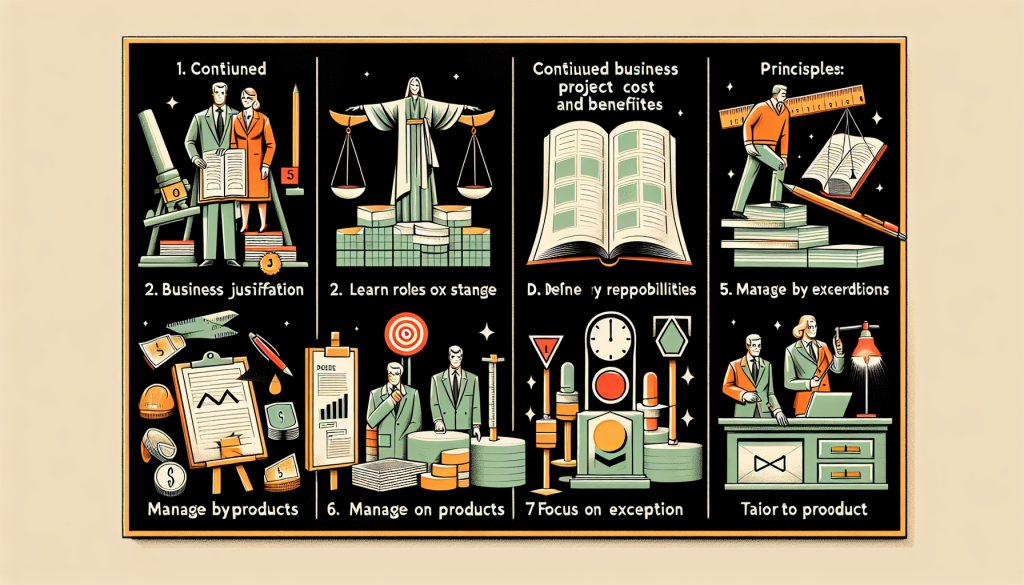The transition from theory to practice is often a crucial step in truly understanding and implementing any concept or methodology. This is especially true in the world of project management, where theoretical frameworks must be translated into real-life scenarios to achieve successful outcomes. PRINCE2 Principles vs. Agile Methodology: A Comparative Analysis . One such methodology that exemplifies this transition is PRINCE2, a widely used project management framework that outlines best practices and principles for managing projects effectively.
PRINCE2 principles provide a comprehensive guide for project managers to follow, ensuring that projects are delivered on time, within budget, and to the satisfaction of stakeholders. However, understanding these principles in theory is only the first step. It is in the application of these principles to real-life scenarios that their true value is realized.
By applying PRINCE2 principles to real-life projects, project managers are able to navigate the complexities and challenges that often arise in project management. For example, the principle of continued business justification ensures that projects remain aligned with the overall goals and objectives of the organization. In practice, this might mean regularly reviewing project progress and making adjustments as needed to ensure that the project continues to deliver value to the business.
Similarly, the principle of managing by stages allows project managers to break down complex projects into manageable stages, making it easier to track progress and make informed decisions. In a real-life scenario, this might involve setting clear milestones and deliverables for each stage of the project, allowing project teams to focus on achieving specific objectives before moving on to the next stage.

The principle of learning from experience is another key aspect of PRINCE2 that can be applied to real-life scenarios. By reflecting on past projects and identifying lessons learned, project managers can continuously improve their project management practices and avoid making the same mistakes in the future. This principle encourages a culture of continuous improvement within project teams, leading to more successful project outcomes over time.
Overall, the transition from theory to practice is essential in project management, particularly when implementing methodologies like PRINCE2. By applying PRINCE2 principles to real-life scenarios, project managers can effectively manage projects, deliver results, and drive success for their organizations. It is through this practical application that the true value of PRINCE2 principles is realized, making it an indispensable tool for project managers in todays fast-paced and complex business environment.